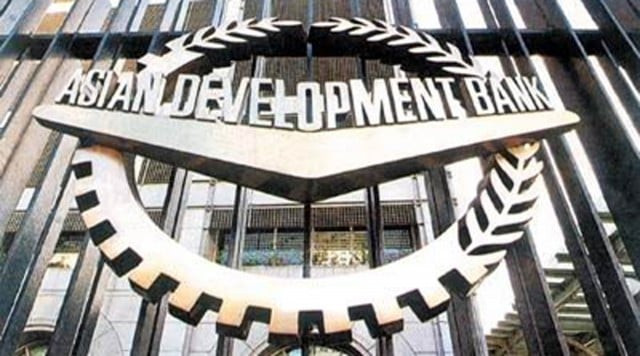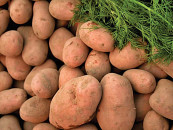ADB sees moderate economic growth of 2.5%
The Asian Development Bank reduces its forecast target because of the flooding and its impact.

“The economic impact will be heavily negative in the short run due to extensive damage (caused by floods) and reallocation of resources to cater for urgent needs,” the bank said in its Asian Development Outlook 2010 Update released on Tuesday.
It said the impact of floods, which began at the end of July, on economic prospects is difficult to quantify and the picture should be a little clearer at the time of an international donor conference in late November.
The World Bank and the Asian Development Bank are currently conducting a damage needs assessment survey in the aftermath of the floods and the results are expected by mid-October.
“Losses in crops and livestock, damage to infrastructure and limited economic activity in a large part of the country will dampen growth prospects in virtually every sector,” the bank said.
However, reconstruction and rehabilitation activities will subsequently have a positive impact on the gross domestic product (GDP).
The floods have affected more than 10 million people, damaged or affected crops on 4.25 million acres and caused losses of billions to the economy, according to estimates. The International Labour Organisation in a report this month said 5.3 million jobs have been lost or affected as a result of the deluge.
The IMF, in its recent assessment of the economy, said the current account deficit — the gap between international receipts and payments — will widen to $5.9 billion or 3.1 per cent of GDP. Earlier, the gap had been estimated at $4.6 billion or 2.4 per cent of GDP.
Last year, Pakistan achieved an economic growth of 4.1 per cent. The government is expected to impose a flood surcharge of 10 per cent on all incomes above Rs300,000 per annum and a flood tax of 1 to 2 per cent on imports.
Inflation
In the report, the ADB said major transportation arteries of the country have been severely damaged, adding shortages of goods and services and rapidly ramped-up imports are expected to put a substantial upward pressure on prices. Besides, the likelihood of delayed sowing of crops in the upcoming season and, potentially, in the following season will create shortages of food and other commodities while undermining farmer incomes.
The bank projected average inflation of 13 per cent in fiscal year 2010-11 (FY11) induced by supply-side constraints.
This projection is higher than earlier forecast of 8 per cent by the bank in its April report. The SBP in its monetary policy had projected inflation at 11 to 12 per cent compared to the target of 9.5 per cent for the year.
“While the central bank will find it difficult to fully implement its earlier monetary stance in present circumstances, it will need to make substantial efforts to keep demand for credit from exacerbating inflationary pressure,” the bank said.
Current account
The bank said pressure on the current account will also intensify in FY11. This will stem from a steeper rise in imports due to reconstruction activity and from domestic supply shortages, pushing food, raw cotton and other essential imports upwards.
It said limits on existing infrastructure capacity and flood damage are expected to hold down export growth and already cotton and rice exports have been curtailed. However, worker remittances, which increased by 13.2 per cent in July-August 2010 compared to the previous year, are expected to remain strong. “If substantial grant aid is provided for relief, deterioration in the current account deficit may be limited to 4.3 per cent of GDP,” the bank said.
Published in The Express Tribune, September 29th, 2010.



















COMMENTS
Comments are moderated and generally will be posted if they are on-topic and not abusive.
For more information, please see our Comments FAQ